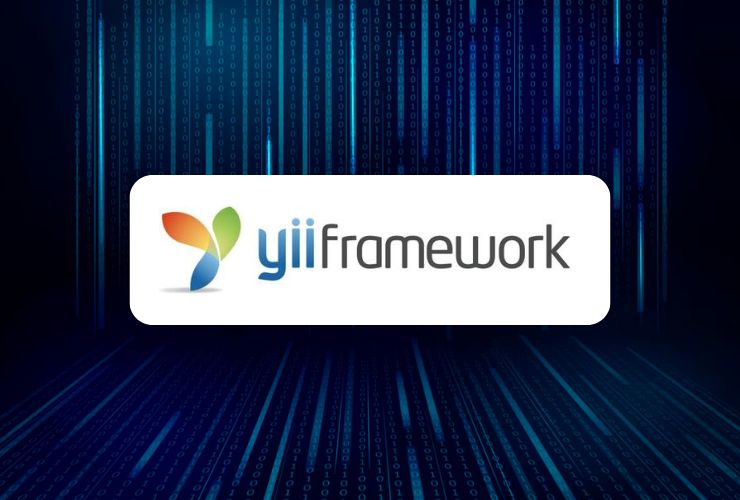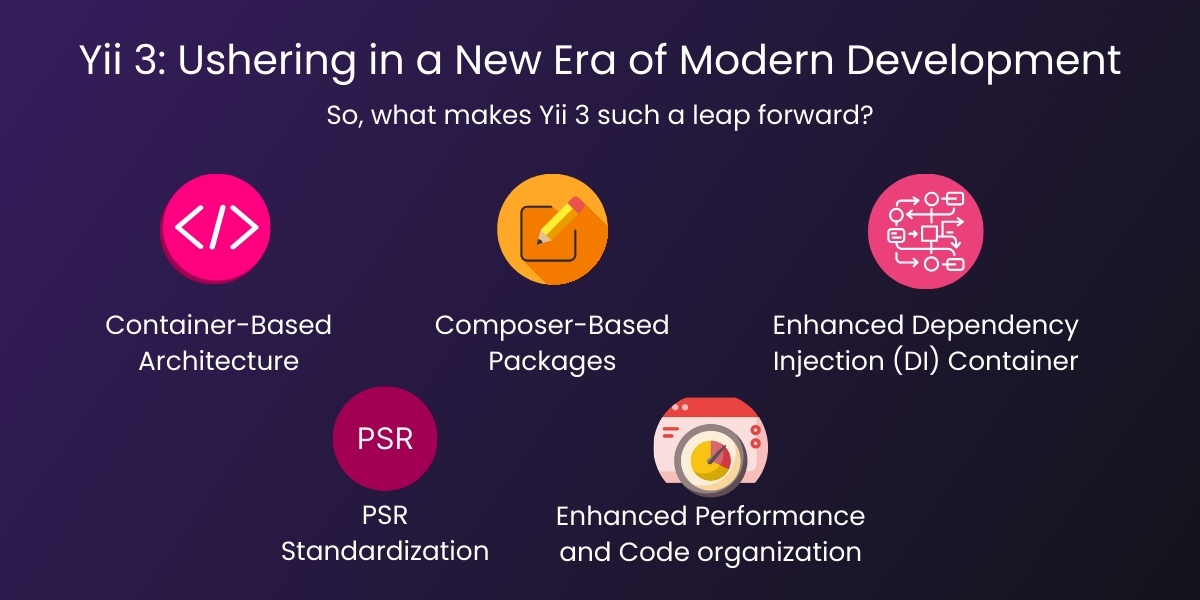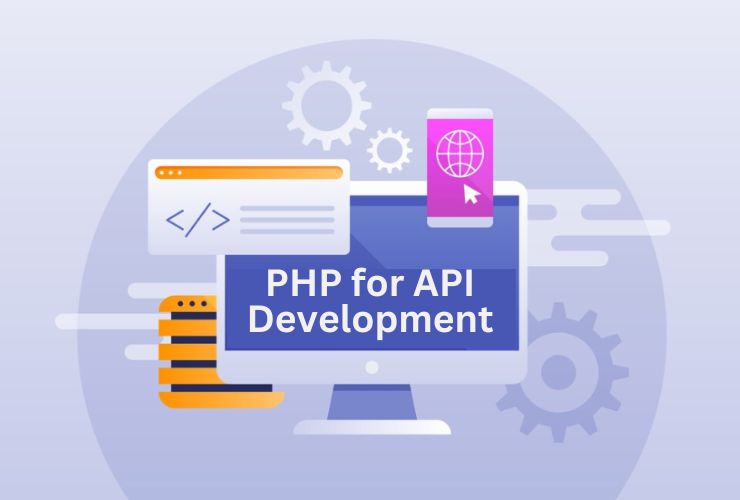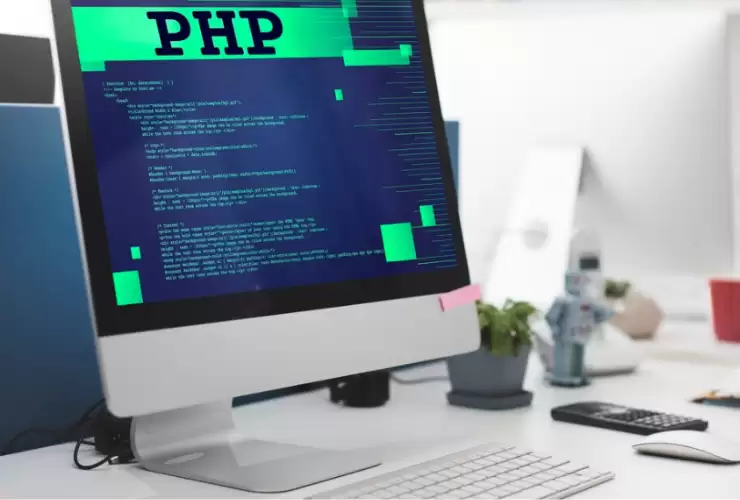As the web development environment is very dynamic, developers are trying to find frameworks that allow good speed, flexibility, and a secure environment. Developers recognize the Yii Framework for its simplicity, high performance, and scalability, making it one of the most reliable PHP frameworks available today.
However, in an ever-evolving web technology world with the rapidly change in PHP itself, developers are asking what is the future of Yii Framework, and how will it adapt to modern web applications?
A Strong Foundation for Yii
Since its release, Yii (short for Yes, It Is!), is known for giving developers the ability to create robust, secure, and high performing web applications in limited time.
Its Model-View-Controller (MVC) design pattern makes the code separation clean and promotes standard development practices, while Active Record ORM simplifies database access and interaction patterns for the developer. Yii also comes with great caching, form validation, and built in security processes and components, making it great for enterprise level applications and eCommerce.
The framework helps developers focus on rapid development with predictable, maintainable code, enabling them to build complex projects faster without compromising quality. Despite the emergence of newer frameworks in PHP allowing, Yii remained reliable, stable, and performance wise.
The Introduction of Yii 3: A New Era for Developers
The awaited release of Yii 3 marks the next step in Yii’s development. Unlike previous iterations, Yii 3 is much more than a version of Yii—it is a complete redesign of the architecture to adhere to modern PHP development standards and methodologies.
So, what makes Yii 3 such a leap forward?
- Container-Based Architecture: Yii 3 introduces a container-based architecture which allows each component to stand independently. As a result, developers can merely utilize the components they deem necessary—resulting in lighter, faster applications which are more maintainable.
- Composer-Based Packages: Yii took much of the work done on Yii 2 and evolved the framework into a fully composer-driven system, streamlining dependency management while enabling reusability.
- Enhanced Dependency Injection (DI) Container: This update allows greater flexibility and creates cleaner, testable, maintainable code.
- PSR Standardization: Yii 3 follows PHP-FIG’s PSR (PHP Standards Recommendations), making libraries and frameworks more unified and easier to integrate.
- Enhanced Performance and Code organization: With a more optimized internal architecture and enhanced organization within the namespaces Yii 3 can execute faster and result in better development processes.
The decoupled and modular design allows Yii 3 to be thought of as a collection of packages very well organized that one may mix and match to fit their project’s need instead of just a framework.
Adopting Contemporary Development Approaches
To ensure relevance and competitive advantage, the Yii 3 framework includes contemporary web development approaches that encourage integration with new tools and practices. Some primary focus areas are:
- Front-End Integration: Yii 3 can easily connect with frameworks like React, Vue.js, and Angular, providing developers with the ability to create a rich interactive front-end experience powered by robust PHP logic.
- API-First Development: Yii 3 is very suited for RESTful API development and, increasingly, for newer approaches like GraphQL, allowing developers to build headless applications and microservices.
- Containerization & Cloud-Native Deployment: Yii 3 encourages modern DevOps practices by supporting Docker, Kubernetes, and serverless deployment methods to ease continuous delivery and scalability.
- Testing & Automation: Yii 3 comes with first-class support for unit tests, functional tests, and CI/CD pipelines—allowing teams to continuously deliver higher quality code.
This proactive approach allows Yii to remain relevant in a world of API-first, scalable, and performance-first applications.
Community Development and Ongoing Support
The community surrounding Yii has enabled it to grow tremendously. The open-source community is one of Yii’s best assets, providing support on everything from community-written extensions to core packages and documentation.
With the introduction of Yii 3, we expect the community to continue growing. The framework is now built the most openly, transparently, and in a way that invites the community to participate.
In addition, the Yii development team will support Yii 2 with well-planned long-term support (LTS). This ensures that existing projects are secure and will not break when Yii 3 is released. This helps businesses ensure that their Yii applications are not obsolete projects, especially not overnight.
Moving forward, Yii’s success depends on staying true to the framework’s ethos of ease of use, performance, and productivity.
Yii remains a powerful tool for developers creating:
- Enterprise-grade web platforms with security and scale
- eCommerce sites with payment systems and dynamic product management
- Custom SaaS applications with a modularity that is maintainable
- RESTful APIs that power mobile or SPA front-ends
By balancing performance, extensibility, and simplicity, Yii remains one of the most developer-friendly frameworks for building high-quality web applications quickly.
The Path Forward for Yii Developers
As the PHP ecosystem maintains its evolution in versions like PHP 8 and beyond, Yii’s flexibility will help it to continue to be a competitive option for developers.
Future iterations will likely emphasize:
- Even deeper integration with cloud platforms such as AWS, Azure, and Google Cloud.
- Streamlined development tools, such as command line utilities and scaffolding capabilities.
- Better profiling for performance, as well as caching mechanisms.
- A broader due of extensions beyond payments, APIs, and analytics.
For developers, investing the time to learn Yii 3 (now) is a sure step into the future. Yii’s flexibility and compatibility with modern PHP tools make it a beneficial piece of any web developer’s toolbox.
Conclusion
The outlook is bright and forward for the Yii framework. In releasing Yii 3, the framework enables a new level of modernization, modularity, and performance while preserving its foundation- clean, fast, and reliable development.
As the PHP ecosystem is evolving, Yii’s flexibility will keep it a desirable framework for building the next generation of web applications. If you are building an enterprise solution, API app, or high traffic eCommerce site, Yii will continue to do the job for developers looking to build something stable and innovative.











